How to Get Pregnant After 40 Fast: Tips for Trying to Conceive

Last Updated on September 27, 2023 by Avi Steen
Are you 40 and considering starting or growing your family? You’re not alone. More and more women are choosing to have children later in life. While the journey to parenthood after 40 can be challenging, it’s certainly not impossible. In this blog post, we’ll explore the tips, tricks, and treatments that can help you learn how to get pregnant after 40 fast and experience the joy of motherhood.
Key Takeaways
- Monitor your ovulation and fertile window to maximize your chances of conceiving.
- Maintain a healthy lifestyle, address underlying health issues, and consider products, nutritional supplements & therapies for enhancing egg quality/quantity.
- Seek professional help from fertility specialists & understand the risks/rewards associated with pregnancy after 40.
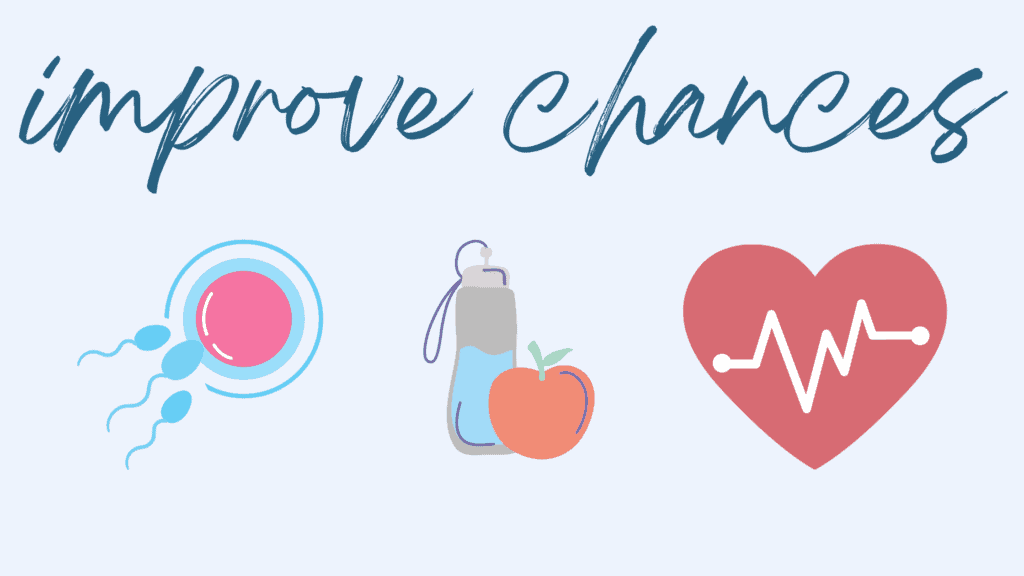
Maximizing Your Chances of Conceiving After 40
The initial step in achieving a successful natural pregnancy after 40 involves getting pregnant naturally by optimizing your conception opportunities. As we age, our fertility declines, making it more difficult to conceive a healthy baby.
Boosting your chances involves vigilant monitoring of your fertile window, adhering to a wholesome lifestyle, and dealing with any health conditions that could be causing barriers to your fertility.
Monitor Your Fertile Window
One of the most crucial aspects of conceiving naturally after 40 is knowing when you’re most fertile. Many women aren’t aware that there’s only a tiny window of time during each menstrual cycle when they’re most likely to get pregnant.
By tracking your ovulation and having sex frequently during your fertile window, you can significantly increase your chances of getting pregnant.
Ovulation tests can help you pinpoint your two to five most fertile days by detecting your body’s luteinizing hormone (LH) surge. Learning your menstrual cycle inside and out and optimizing your fertile window improves your chances of natural conception.
Maintain a Healthy Lifestyle
Maintaining a wholesome lifestyle significantly enhances your fertility. Here are some essential factors to consider:
- Eating a balanced diet
- Getting regular exercise
- Avoiding smoking and alcohol
- Maintaining a healthy weight
Studies have shown that maintaining a healthy weight can increase your chances of conceiving. So, if you’re struggling with weight management, consider speaking to a doctor for guidance, as it can also help address issues like high blood pressure.
Additionally, specific nutrients, like vitamin D and folic acid, are essential for women trying to conceive.
Vitamin D helps regulate hormones and improve egg quality, while folic acid helps prevent congenital disabilities. Including these nutrients in your diet or via supplements can help your fertility.
Address Underlying Health Issues
Addressing underlying health issues is another crucial aspect of maximizing your chances of getting pregnant after 40. Conditions such as diabetes or thyroid dysfunction can significantly impact fertility.
By managing these conditions effectively, you can optimize your chances of conceiving naturally.
Working with your healthcare provider to identify and tackle any health issues affecting your fertility is essential. Resolving these concerns not only improves your probability of pregnancy but also paves the way for a healthy pregnancy and baby.
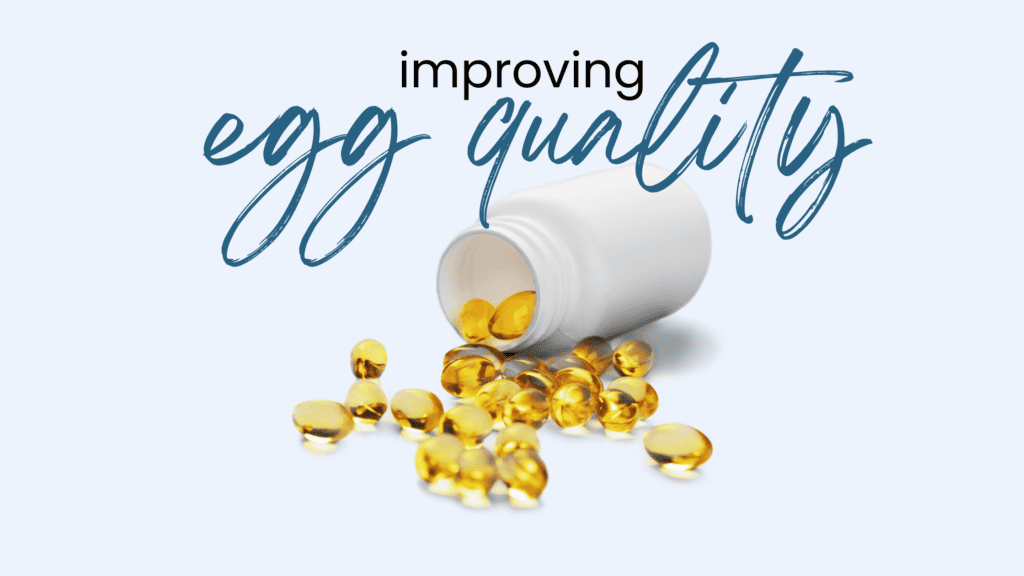
Enhancing Egg Quality and Quantity
Despite all the efforts to optimize conception, acknowledging the impact of age on fertility, especially regarding egg quality and the production of fewer eggs, is crucial.
As a woman gets older, her ovarian reserve decreases, leading to a decline in fertility. Understanding how aging affects fertility can help couples make informed decisions about family planning.
However, there are ways to enhance egg quality and quantity to improve your chances of conceiving after 40. Nutritional supplements, hormonal therapies, and alternative therapies can all play a role in improving egg quality and quantity.
Assessing these options provides the optimal opportunity for pregnancy, even in your 40s.
Nutritional Supplements
Nutritional supplements can have a significant impact on egg quality and overall fertility.
For example, CoQ10, a powerful antioxidant, has been found to improve egg quality. Studies have shown that women who supplemented with CoQ10 experienced a 20% higher fertilization rate and a 15% higher live birth rate compared to those who didn’t.
Hormonal Therapies
Hormonal therapies, such as fertility drugs, can effectively stimulate egg production and improve your chances of conception. These treatments work by regulating hormone levels and encouraging the growth and release of eggs during your menstrual cycle.
As a part of reproductive medicine, these therapies aim to address fertility issues and help individuals achieve their family planning goals.
Although hormonal therapies can benefit many women, discussing potential risks and advantages with your fertility specialist is crucial. They can help you determine the most appropriate course of treatment based on your individual needs and circumstances.
Alternative Therapies
Alternative therapies, such as acupuncture, can also play a role in improving overall fertility. Acupuncture is believed to help restore the body’s balance, regulate hormones, and improve blood flow to the reproductive organs.
In addition to acupuncture, other alternative therapies such as herbal remedies and homeopathy may also help reduce stress and improve overall fertility. Assessing these alternatives alongside traditional fertility treatments provides the best possible outcome for pregnancy after 40.
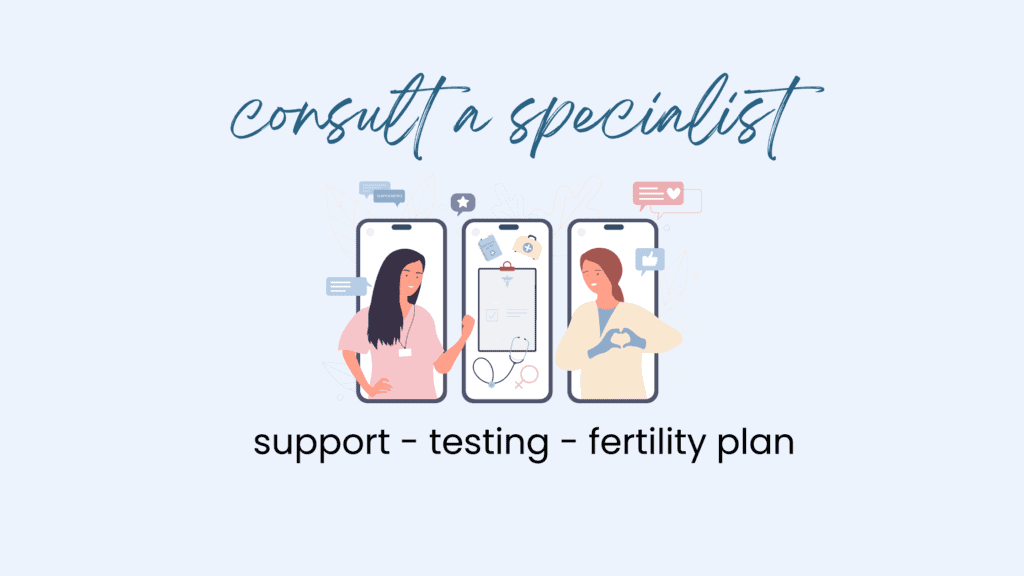
Seeking Professional Help
If you’ve been trying to conceive for over 12 months and you’re over 40, seeking professional help is a good idea. Fertility specialists can provide valuable insights and support, guiding you through fertility testing and personalized treatment plans tailored to your individual fertility needs.
Working with a fertility specialist will help you:
- Identify any underlying issues that may be affecting your fertility
- Develop a plan to address these issues
- Enhance your chances of conception
- Increase the likelihood of a successful pregnancy after 40.
Fertility Testing
Fertility testing is essential in understanding your reproductive health and your ability to conceive. These tests can help identify any underlying issues or conditions impacting your fertility, such as hormone imbalances, structural problems, or infections.
If you’re over 40 and have been trying to conceive for more than six months, it’s a good idea to consult a fertility specialist for testing. They can help you determine the most appropriate course of action to address potential issues and optimize your chances of getting pregnant.
Personalized Treatment Plans
Once you’ve completed testing, your fertility specialist can work with you to develop a personalized treatment plan tailored to your specific needs and circumstances. This may include hormone therapy, nutritional supplements, and lifestyle changes to address underlying issues and optimize fertility.
Adhering to a personalized treatment plan optimizes your chances of conception and a successful pregnancy post-40. Remember, every woman’s fertility journey is unique, and working closely with your healthcare provider will ensure you receive the support and guidance you need.
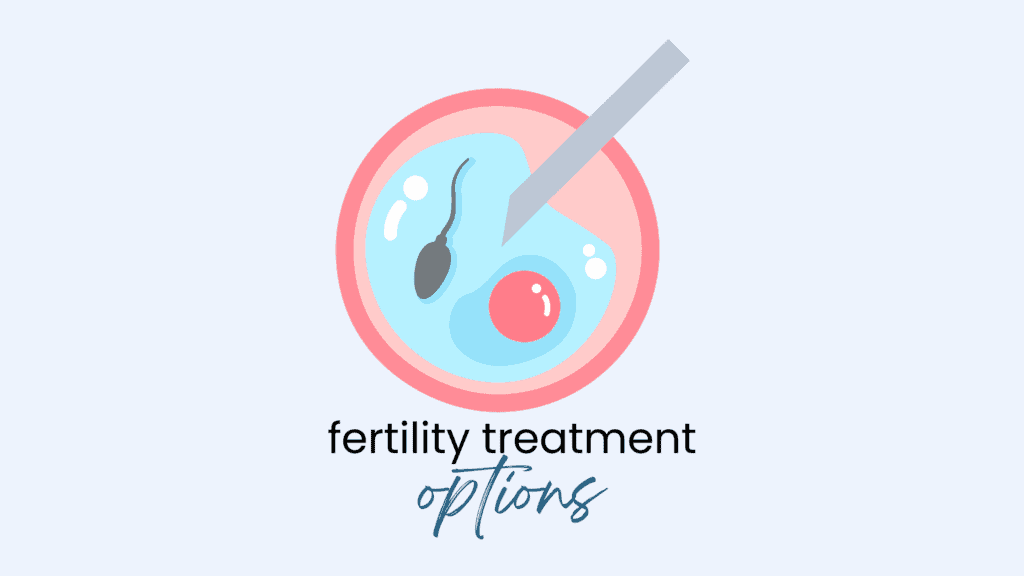
Fertility Treatments for Women Over 40
For some women, fertility treatments may be necessary to achieve a successful pregnancy after 40 if natural methods haven’t been successful. In vitro fertilization (IVF), donor eggs, and intrauterine insemination (IUI) are some of the most common fertility treatments available for women over 40.
Each treatment has its benefits and drawbacks, making it crucial to discuss your options with your fertility specialist to determine the most suitable reproductive technology for your situation.
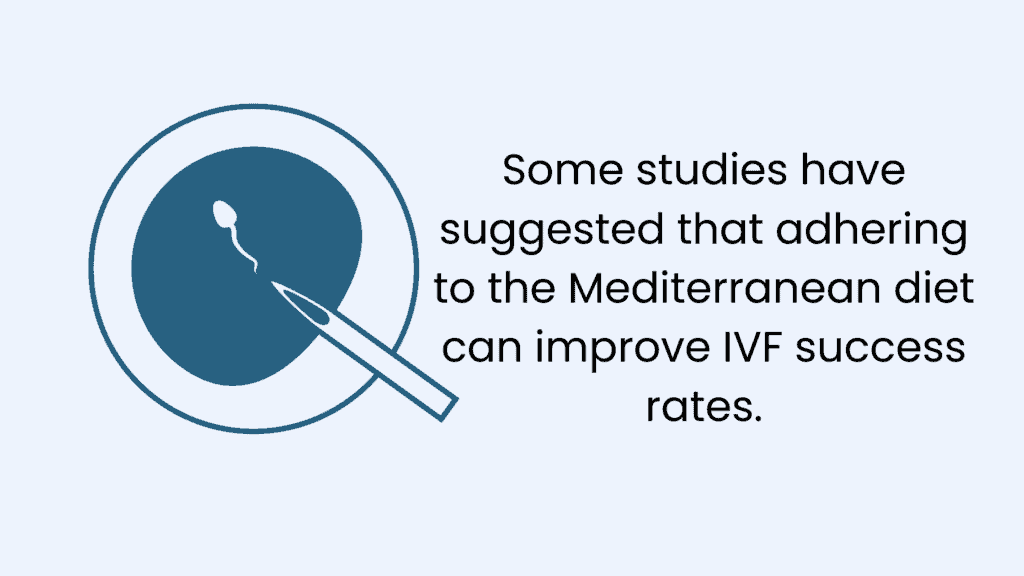
In Vitro Fertilization (IVF)
In vitro fertilization (IVF) is a highly effective fertility treatment for women over 40, offering the best chance of success per cycle.
During IVF, the following steps are involved:
- Eggs are extracted from your ovaries.
- The eggs are fertilized in a lab using either your partner’s sperm or donor sperm.
- The resulting embryos are then implanted in your uterus to initiate a pregnancy.
While IVF can be more expensive and invasive than other fertility treatments, it has a higher success rate, particularly for women over 40. For those contemplating IVF, discussing potential risks and advantages with a fertility specialist is crucial to determine its appropriateness for your situation.
Donor Eggs
Donor eggs can be a viable option for women with diminished egg quality or quantity, providing higher success rates than using their own eggs. In donor egg IVF, eggs from a donor are used instead of your own, ensuring the highest quality of eggs for successful treatment.
While donor egg IVF can be more expensive and involve ethical considerations, it can offer a higher chance of achieving a successful pregnancy for women over 40 compared to using their own eggs, making the option of an egg donor worth considering.
If you’re thinking about using donor eggs, discussing potential risks and benefits with your fertility specialist is important.
Intrauterine Insemination (IUI)
Intrauterine insemination (IUI) is a less invasive and more affordable fertility treatment option compared to IVF. During IUI, sperm is collected and concentrated before being inserted directly into your uterus through a small catheter.
However, IUI may not be as effective for women over 40 as IVF, with 5% or lower success rates. Though IUI may be a more feasible option for some, discussing potential risks and benefits with your fertility doctor.
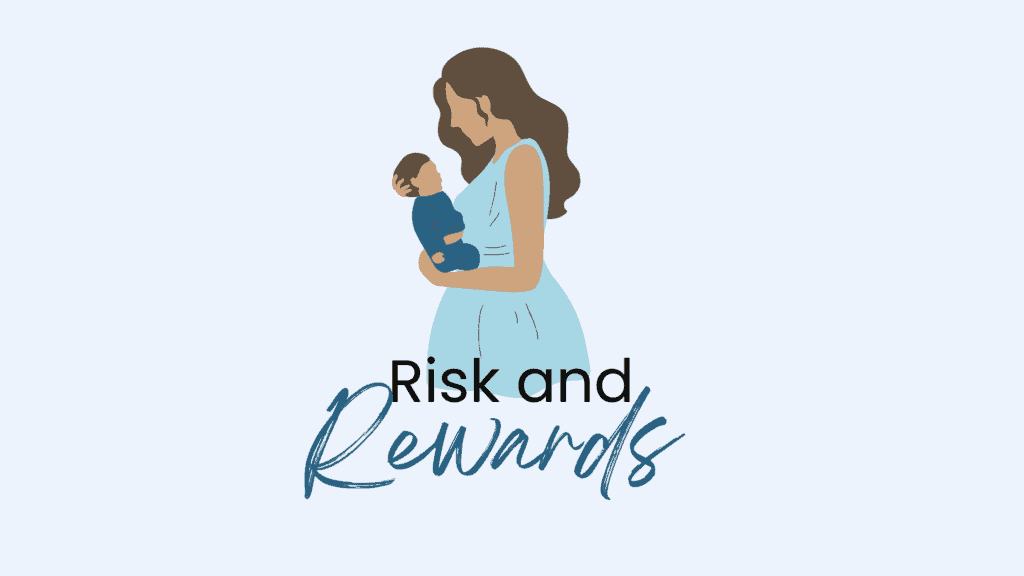
Understanding the Risks and Rewards of Pregnancy After 40
Getting pregnant after 40 comes with its own set of risks and rewards. While there are potential pregnancy complications to be aware of, such as gestational diabetes and preeclampsia, there are benefits to having a child later in life, including emotional and financial stability.
Understanding the risks and rewards of pregnancy after 40 empowers you to make informed decisions about your fertility journey.
Pregnancy Complications
It’s important to be aware of the increased risks of pregnancy complications for women over 40.
Conditions such as gestational diabetes, preeclampsia (high blood pressure prior to birth), and intrauterine growth restriction (where baby tends to be smaller) can lead to premature delivery and other challenges during pregnancy.
Working with your healthcare provider and promptly addressing potential issues can mitigate these risks and enhance your chances of a healthy gestation and baby.
Genetic Testing
Genetic testing can identify potential chromosomal abnormalities and inform decisions about prenatal care and interventions. As advanced maternal age increases, so does the risk of chromosomal abnormalities in the developing fetus.
Undergoing genetic testing allows for informed decisions about your gestation, collaborating with your healthcare team to secure the best possible outcome for you and your baby.
Emotional and Financial Stability
One of the benefits of having a child later in life is the emotional and financial stability that often comes with age. Being more established in your career and having a stable income can provide a strong foundation for raising a child, making pregnancy after 40 a rewarding experience for many women.
Concentrating on your emotional and financial well-being facilitates a nurturing and supportive environment for your child, enabling you to enjoy parenthood after 40.
Wrapping Up Fertility After 40
Getting pregnant after 40 can be a challenging yet rewarding journey. Maximizing your chances of conceiving naturally, enhancing egg quality and quantity, seeking professional help, and considering fertility treatments can increase your chances of experiencing pregnancy.
With the proper knowledge, support, and determination, age doesn’t have to be a barrier to achieving your dream of becoming a mom.
Frequently Asked Questions
How long should it take a 40-year-old to get pregnant?
For a 40-year-old, it might take up to two years to get pregnant, as the chances of conceiving within one year are only around 4 out of 10. However, this does not mean that getting pregnant after 40 is impossible – just that it will likely take longer.
How can I improve my egg quality after 40?
To ensure egg quality after 40, consider incorporating Omega 3s, Co-Enzyme Q10 (Coq10), avoiding alcohol and smoking, and maintaining a healthy weight. Other lifestyle changes like reducing caffeine intake, minimizing oxidative stress, taking mineral-rich multivitamins, eating a fertility-friendly diet, getting enough sleep, managing stress, and doing light exercise can help too.
Can I get pregnant at 42, naturally?
At 42, you can still get pregnant naturally, although your chances are lower than they were a few years ago. Birth rates for people aged 40-44 have increased since the 1990s, and it is possible to become pregnant without fertility treatments after age 40.
What are the most effective fertility treatments for women over 40?
IVF, donor eggs, and IUI are the most effective fertility treatments for women over 40.
When should I seek professional help if I’m trying to conceive after 40?
If you’re over 40 and have been trying to conceive for more than six months, it’s time to seek professional help.

Octavia Steen is an NBDA certified fertility doula, health coach, certified fitness nutrition specialist, aspiring missionary with the COGIC, and owner of Mother Mindset. She helps future and current mamas become more consistent in faith + fitness and grow closer to God so they can create a healthier lifestyle from the inside out!







Thank you so much Avi! God is using you to help women all over the world. We definitely share things in common. My husband and I went through two miscarriages and are now actively trying to conceive again. We know God will bless us in due time. We are praising Him while we wait for our sweet baby.
No problem sis! Glad you had a chance to read! 🤗